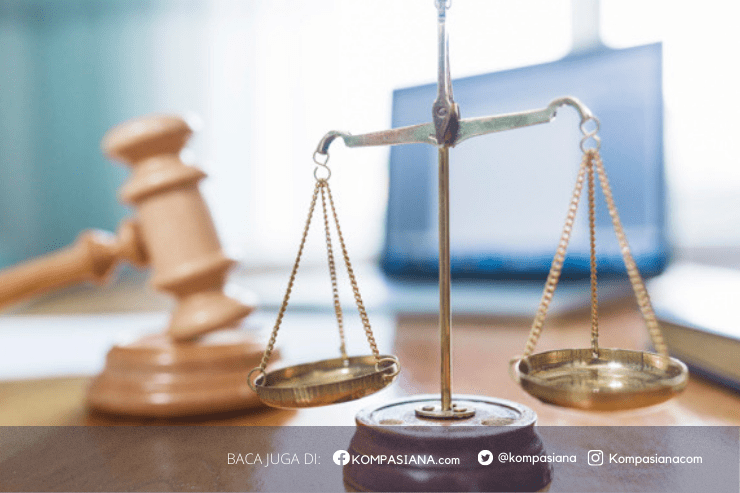Ormas' Oversight Failure
Community organizations (ormas) like Pemuda Pancasila were formed to promote civic participation in nation-building, rooted in the principles of Pancasila and the 1945 Constitution. This vision is distinctly articulated in Legislation No. 17 of 2013 regarding Community Organizations, which asserts that ormas must focus on enhancing national unity, fostering social involvement, and preserving public order and tranquility.
Nonetheless, in reality, some of the Pemuda Pancasila members have deviated from these foundational principles. The brutal assault involving Alpa Patria Lubis, referred to as Kepot, the Deputy Commander of the Komando Inti of Pemuda Pancasila in Deli Serdang, reveals a profound inability to guarantee that the organization functions legally. The occurrence of a senior official in this organization perpetrating a violent attack on a state prosecutor indicates a failure in internal discipline and a serious deviation from the organization's professed dedication to uphold Pancasila values.
This deviation also highlights the larger institutional shortcoming of Pemuda Pancasila in overseeing and managing its members' behavior. As an entity, Pemuda Pancasila holds both ethical and structural obligations to educate, direct, and discipline its members. Its failure to act in preventing or addressing ongoing violent behaviors within its leadership suggests either neglect or silent approval. These circumstances have enabled violent individuals to function under the guise of a legitimate entity, transforming it into a means of intimidation instead of civic participation.
Legislation No. 365 KUHP and Rehabilitation's Oversight Failure
The attack also highlights systemic issues within the Indonesian criminal justice system, particularly concerning Article 365 of the Indonesian Criminal Code (KUHP), which deals with theft accompanied by violence. Kepot is a known recidivist, with a history of involvement in similar violent crimes. His reoffending raises urgent questions about the effectiveness of both the punitive and rehabilitative components of Indonesia's correctional system.
Despite his criminal background, Kepot not only reentered society without adequate reintegration measures but was also able to occupy a position of authority within a mass organization, one with paramilitary functions. The absence of mechanisms to prevent individuals with a track record of violence from assuming leadership roles in such organizations represents a dangerous oversight. This suggests a failure in both rehabilitation programs and post-release supervision, which should ideally assess an individual's risk of reoffending and monitor their reintegration into society.
Recommendations for Improvement
To prevent similar cases from recurring, first, strengthening the supervision mechanisms over mass organizations is necessary. Kesbangpol must perform its role more actively, not only during the initial verification process but also through regular monitoring of the activities and members of these organizations. In-depth evaluations should be conducted routinely, especially for organizations with a history of violence or whose members have been involved in criminal acts. Additionally, transparency and cooperation with law enforcement agencies and civil society are key to ensuring that mass organizations truly function according to their original purpose, that is, as platforms for constructive and peaceful public participation.
Second, implement stricter background checks and leadership eligibility requirements for individuals in strategic positions within mass organizations, particularly those with paramilitary functions. Individuals with a history of violent crime or ongoing criminal affiliations should be barred from holding any leadership roles.
Finally, strengthen coordination between the correctional system and community watchdog agencies to allow post-incarceration monitoring of known recidivists. This includes risk tracking, rehabilitation follow-through, and community reporting mechanisms to prevent reoffenders from regaining power in positions where they can exercise social or physical control.







